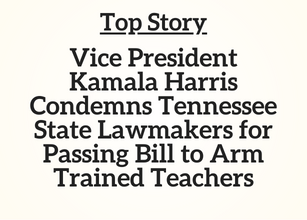by Christian Wade
Connecticut taxpayers will be covering some health care costs for thousands of paraeducators as the state seeks to fill workforce shortages in public schools.
A new program rolled out Wednesday by state Comptroller Sean Scanlon (pictured above) includes a one-time $5 million subsidy that will help pay paraeducators’ health insurance bills not covered by local school districts.
Under the plan, the state will pay up to 74% of the annual out-of-pocket health care costs for more than 4,000 paraeducators, who provide instructional, behavioral and other support to students in and outside the classroom.
Funding for the program was included in the two-year, $51 billion state budget, signed by Gov. Ned Lamont in June. The program’s details were hammered out in closed-door negotiations between public employee unions and legislative leaders.
Scanlon said the subsidy will provide some financial relief for thousands of paraprofessionals, generally among the lowest paid in education.
“We can never show enough appreciation for those who work in our schools with our children, and our paraeducators have played an increasingly important role helping to combat learning loss from the pandemic,” he said in remarks.
Lamont said paraeducators struggle amid low pay and increasing healthcare costs, driving them out of the classroom. He said the program “will provide temporary support to reduce the cost of health care as we continue the work to identify long-term solutions to reduce the cost of care.”
House Speaker Matt Ritter echoed those sentiments, calling paraeducators “the backbone of the educational world.”
“But the reality is, it’s getting harder to be a paraeducator,” Ritter said in remarks. “It’s harder to go to work every day and give those hugs to kids and show them love when at the same time you can’t afford your health benefits or your pay is so low that you’re working a second or third job.”
Union leaders also praised the subsidy, saying it will relieve paraeducators from rising health care costs and increasing deductibles.
“Inadequate healthcare is a huge obstacle for paras, with deductibles that cost so much that, in some cases, it would take us over 300 hours of work just to pay off,” Cynthia Ross-Zweig, president of the CSEA SEIU Local 2001 Paraeducators Council, said in a statement.
“And there’s no question the impact that low hourly wages and inadequate healthcare coverage have on turnover, and thus directly impacts student outcomes,” she added.
It’s unclear whether lawmakers will provide funding in the next budget to continue the subsidy. The state Legislature created a task force earlier this year to study potential long-term funding sources, including through Husky, the state’s Medicaid program.
– – –
Christian Wade is a contributor to The Center Square.








